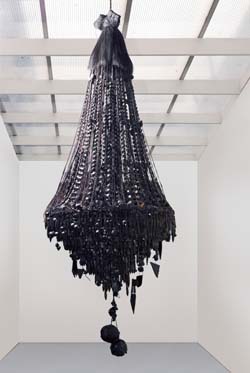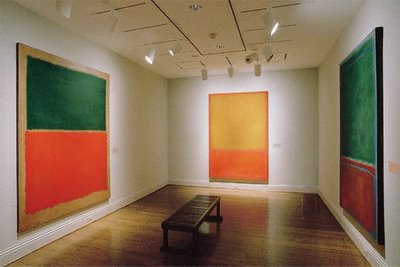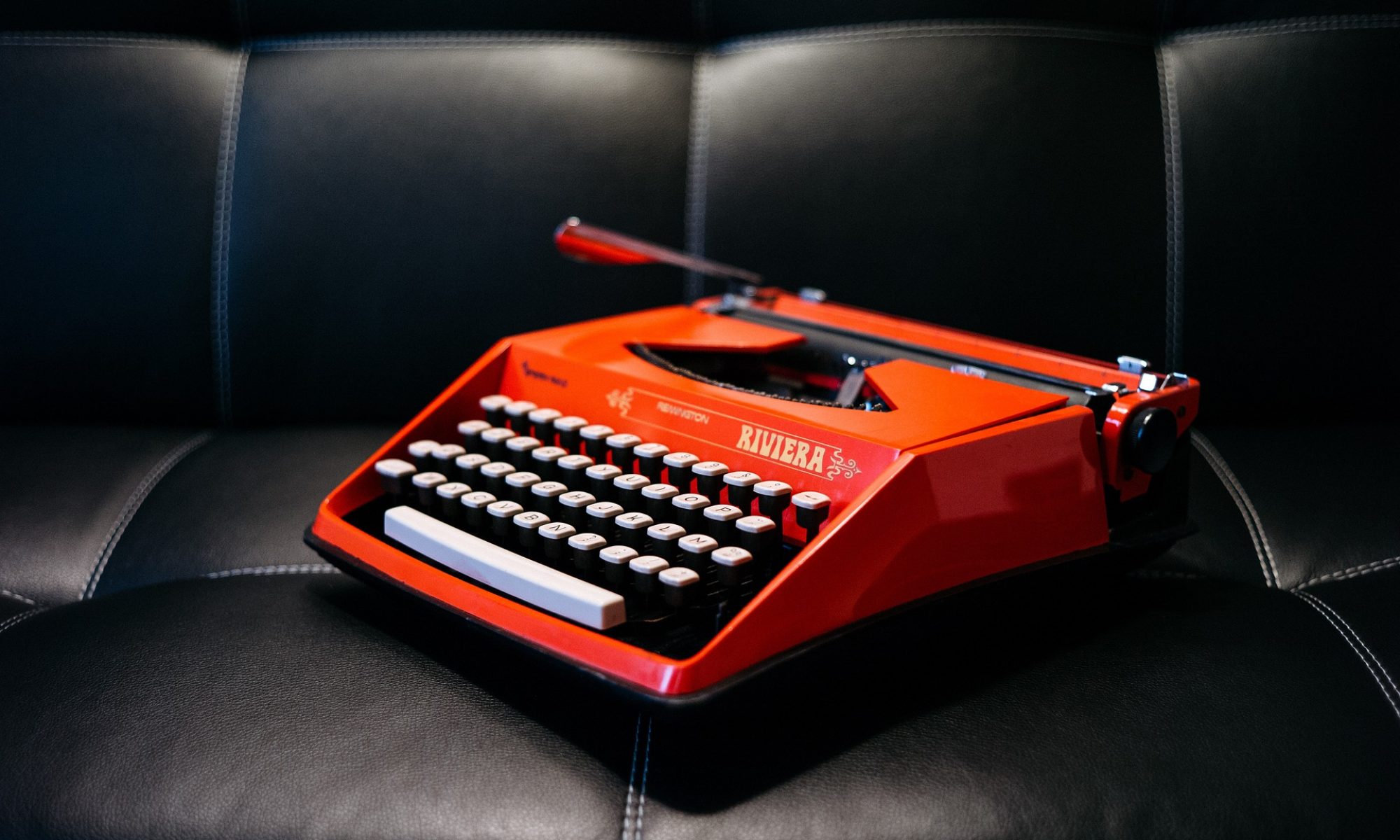I’m not one for excessive realism in my art, even when doing photography. But this guy has some of the most realistic oil painting I’ve ever seen.

Skill-wise, he reminds me a little of Rabo Karabekian from Vonnegut’s Bluebeard novel.
Jeffrey T. Larson – Fine Artist – Larson
Tilt-Shift Tutorial
Very cool Photoshop tutorial on how to make street scenes look like miniature scale models.

Tilt-Shift Photography Photoshop Tutorial | Miniature Faking | TiltShiftPhotography.net
spOtlight: Kitchener
Looks like there’s some fun things happening in Kitchener, this weekend. There’s a sword fighting introduction, clay and drawing, photography workshops, and a lot of other events.
spOtlight: Kitchener
A weekend festival of free arts events including behind the scenes
tours, workshops, art talks and activities to celebrate the artists who
live in our communities.
Fight like a Musketeer. Throw some clay. Say cheese! Tap into your wild side.Find your inner artist in Kitchener.
Some notable events include “Be A Star!”, presented by CAFKA. It’s an introduction to videography, and gives people the chance to appear on CAFKA.tv. Also, a printmaking workshop by Fatima Garzan. And a chance to see inside the KWAG vault and learn
about art conservation and preservation.
Art Exhibition: One Red Chair
On Sunday I installed my exhibition at One Red Chair Coffeehouse. The exhibition runs from June 1st through June 29th.
View Larger Map





100 Cool Photoshop Effects
This is a very cool site with tutorials on how to make some of the most popular filters and image styles on the web. All through Photoshop.
100 wonderful photo effects Photoshop tutorials
What Does $33.6 Million Mean in the Art World?
Interesting discussion with Olav Velthuis, author of Talking Prices: Symbolic Meanings of Prices on the Market for Contemporary Art and David Galenson, University of Chicago professor of economics on the recent sale record set by Lucian Freud’s painting “Benefits Supervisor Sleeping”.
What Does 33.6 Million Mean in the Art World? – Freakonomics – Opinion – New York Times Blog
Q: Is art perceived as having more value if someone is willing to pay more for it or the reverse?
Velthuis: Both ways: if it has artistic or aesthetic, or cultural value, people are willing to pay for it. But, as I show in my book Talking Prices: Symbolic prices on the Market for Contemporary Art, a high price definitely makes people think it must be an important piece of art. People’s valuations of art — contemporary art in particular — are influenced by a lot of things: what other people think, in which context they see it, what they know about the artists, but also what they know about the price. Empirical studies show, by the way, that if you take some indicator of cultural value (for instance, museum shows or pieces by art critics) it usually correlates very well with the selling price.
Art of Terence Koh
This guy is messed up. Really. But he’s a really good artist.

This installation is made from a crystal chandelier, paint, lollipops, vegetable matter, human and horse hair, mineral oil, rope from a ship found after midnight, glass shards, stones and artist’s blood and shit.
Now adding excrement to a piece of art is no new thing (heaven forbid). Yet every time I see it listed as part of an installation, I have to wonder whether-or-not we’ll ever become blasé about it.
Terence Koh – Sculpture – The Saatchi Gallery
Five artists make shortlist for Sobey prize
Kudos to those involved.
Five artists make shortlist for lucrative Sobey prize to be handed out in October – Yahoo! Canada News
Five up-and-coming Canadian artists, including one who has courted controversy for a work of art that supposedly incorporates his own excrement, have made it onto the short list for the $50,000 Sobey Art Award.
Terence Koh, who divides his time between New York and Toronto, is the Sobey finalist for the Ontario region. He’s become well-known in international art circles for installations that include glass boxes containing gilded chunks purported to be his excrement and casts of his naked body with the groin area destroyed.
Big Rubber Duck
Some fantastic inatllation projects by artist Florentijn Hofman.

Florentijn – Projects
Mark Rothko’s abstract language
A great read by Science Musings’ Chet on Rothko’s language of art. Rothko was a big influence for me.

Science Musings by Chet Raymo
It’s hard to say exactly what I feel, especially when in the presence of several Rothkos. Whatever it is starts in the gut and only slowly makes its way to the brain, and down the legs to where feet meet earth. I’ve read a number of critics who have tried to explain the power of Rothko’s works, none satisfactorily. The best explanation I have come across is in something the artist himself wrote in the early 1940s, before the rectangles, before his fame, in a little book called The Artist’s Reality that was only published 34 years after his death.
He talks about science, philosophy and art, what they have in common, how they differ, and in particular he skates the slippery boundary between the subjective and objective. He writes: “[The artist] must reduce all of the subjective and objective with the end of informing human sensuality. He tries to give human beings direct contact with eternal verities through reduction of those verities to the realm of sensuality, which is the basic language for the human experience of things…Sensuality stands outside of both the objective and subjective. It is the ultimate instrument to which we must first refer all our notions, whether they be abstract, the result of direct experience or of some circuitous reference to such experience. Sensuality is our index to reality.”

